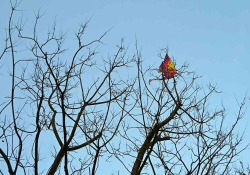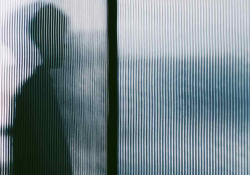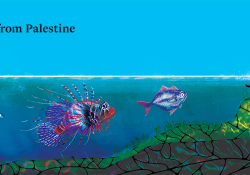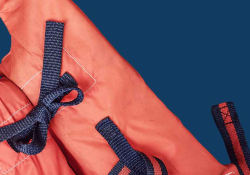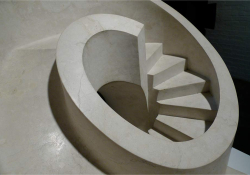Finger in the Operating Room
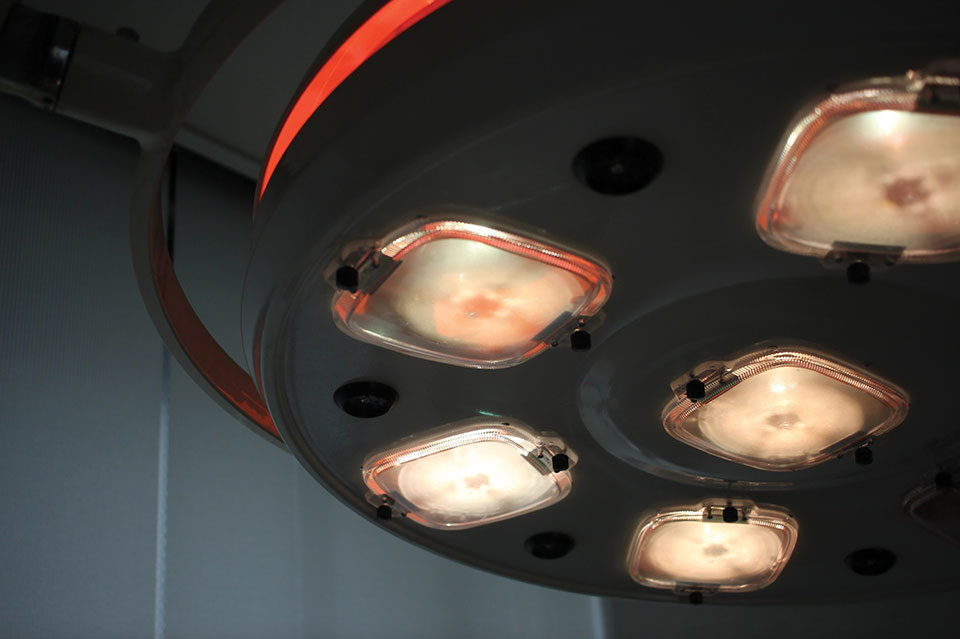
They had to remove it and off we went:
A transparent image of bones chained together;
Half face, three-quarters, full face of the fingers stretched out,
fingers without recognizable lines,
isolated, evading the purpose of the camera, its direct focus.
In their search for obstinate glass shards, the surgeons behead the whorls.
Now I’m thinking about that last border,
How the maps of beheaded whorls
triumphantly helped me cross.
Under the surgeons’ scalpel my hand is dreaming.
Stopped as an “unrecognized alien.”
The lines were faded,
So was my identity.
That unfeeling mass of muddled stitches on my middle finger
Offended the border official.
These lights have kept my eyes wide open
how many hours?
I haven’t forgotten my name
But the nurse doesn’t believe me.
English has gone loose in my mouth,
It overflows, a child who wets herself.
The nurse asks my name again,
we all suffer from stuttering, I say.
A finger, a radiology image,
border officers, identification machines.
I tell her my name,
she doesn’t hear me,
I cannot see my finger.
Light’s reflection on the layers of white bandage blinds me.
Your finger is as it should be, she says.




